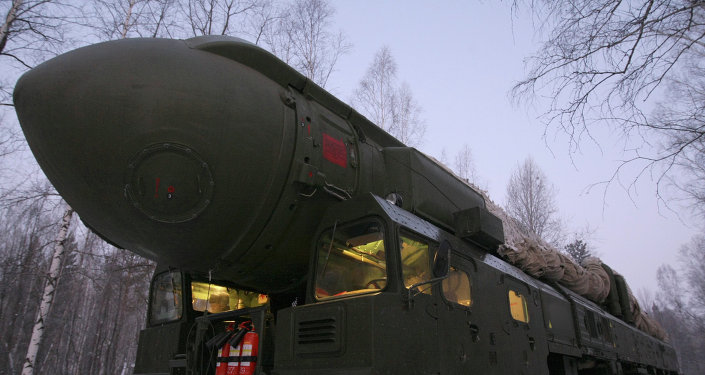ISIS’s End-of-the-World Problem
The terrorist organization’s apocalyptic prophecies aren’t coming true.
In a gruesome video released November 2014, showing the beheading of American aid worker Peter Kassig along with 16 Syrian soldiers, the masked militant known as “Jihadi John” says to the camera, “Here we are, burning the first American crusader in Dabiq, eagerly waiting for the remainder of your armies to arrive.”
That invocation of Dabiq was significant: In ISIS’s apocalyptic propaganda, the otherwise unremarkable Syrian town of Dabiq was to be the site of a showdown with “Rome,” the Christian invaders of the Middle East, which was to immediately precede the conquest of Constantinople, and then the Day of Judgment. ISIS named its
English-language magazine after the city, which it captured in the summer of 2014, and heavily fortified the town, despite it having little strategic value. But in October 2016, ISIS lost Dabiq
after a short battle with Turkish-backed rebels. The Day of Judgment hasn’t happened yet.
The Islamic State has distinguished itself from previous terrorist groups with its brutality, its emphasis on controlling and administering territory, and the grand apocalyptic vision of its propaganda. ISIS’s followers aren’t just fighting to cleanse the Muslim world of nonbelievers, defeat Western powers, or even to build a “state.” They believe that the re-establishment of the caliphate will lead to a final battle that hastens the end of days. The message has been a critical recruiting tool for the group. As one recruit
told the Wall Street Journal in 2014, the prophecy stuff “always works.”
But lately, things haven’t been going according to plan. ISIS has now lost not just Dabiq and Mosul—the Iraqi city where ISIS leader Abu Bakr al-Baghdadi proclaimed himself caliph in 2014—but
most of the territory that was once under its control. The crumbling of the caliphate presents a problem for the organization’s propagandists. But ISIS is hardly the first movement to have to adapt when a doomsday prophecy turned out wrong. And past examples suggest that it isn’t even necessarily the end of the world for ISIS.
Itse soitin tänään autossa vain Viikatetta seedeesoittimesta joten jäi Yle-uutiset väliin





